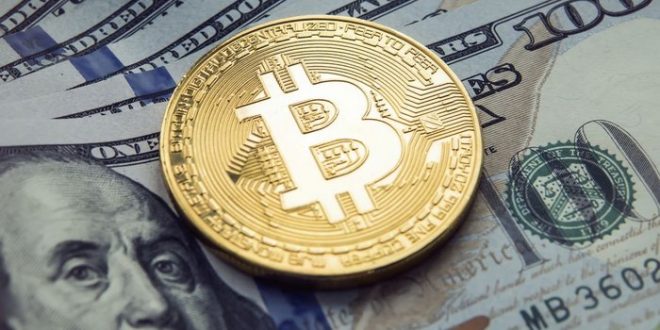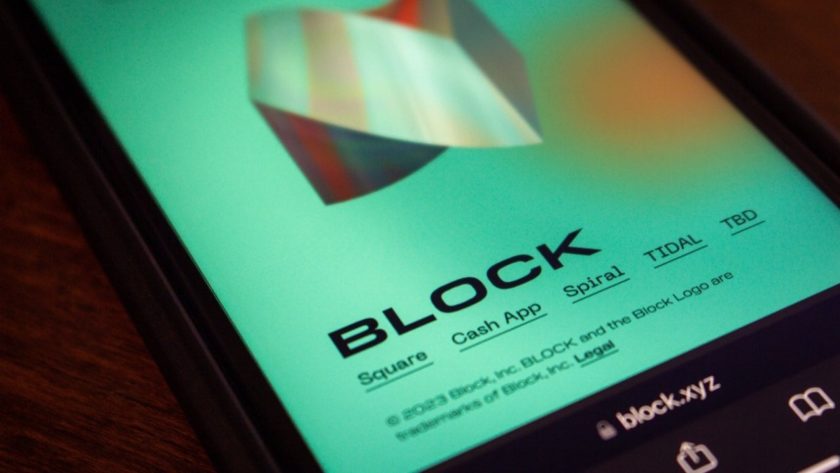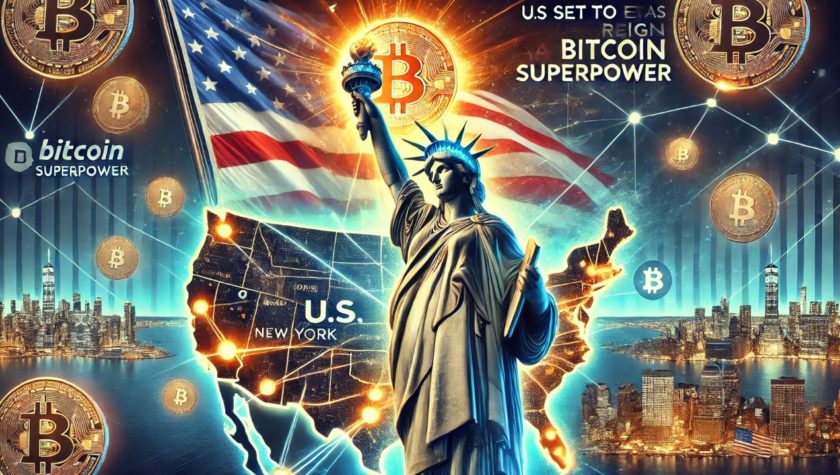Square Inc., has acquired a patent that will let merchants accept payments across cryptocurrencies. According to documents published on scribd.com, the US Patent & Trademark Office (USPTO) gave the green for the new dimension. Users will pay with a currency of their choice and merchants will also receive any currency.
Mass usage of cryptocurrencies
Square is a mobile payments platform that has recently made serious inroads in blockchain technology. The move is a positive step in the adoption and mass usage of digital coins in the mainstream market.
Filed in September 2017, the patent will allow Square to develop the platform that will facilitate the transactions.
In part, the document reads, “The disclosed technology addresses the need in the art for a payment service capable of accepting a greater diversity of currencies…including virtual currencies including cryptocurrencies (bitcoin, ether, etc.)…”
The Bitcoin latency problem
The patent also explains that the point-of-sale (POS) system can eliminate unnecessary delays. The new platform promises to remove “latency” in transactions involving digital coins. This way, transaction speeds on the system will almost equal the speed in a credit card transaction.
This is big news considering the sluggishness of verification speeds in transactions that involve Bitcoin. In this context, the patent says, “…the technology provides benefits that remove barriers to transactions that might inhibit international commerce or commerce with certain types of currency.”
Public trust, finally…
Perhaps the most important victory is that the public can now trust the digital tokens. Winning the patent is a gesture by the regulators that the cryptocurrencies are here to stay. Jack Dorsey, CEO of Square Inc., agrees with this. He believes that the future of payments is cryptocurrency.
The patent assures that in the anonymous climate of blockchain, the payment system restores trust. Per the document, “Such increased trust can also be an important benefit of the present technology when a party to the transaction wishes to remain anonymous to another party in the transaction.” The platform will ensure that anonymity is not a big issue during transactions. This is because “anonymity can reduce trust, and in some cases, transactions with anonymous parties can even be illegal”.
An ad to help with our costs




